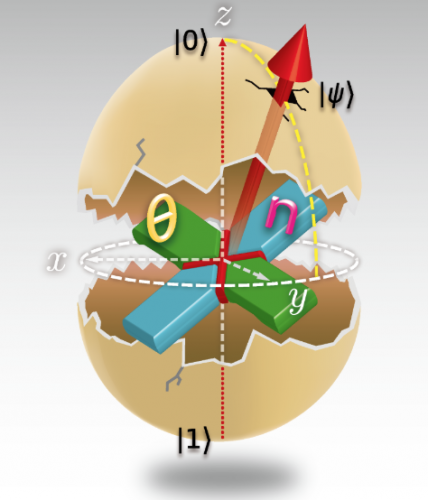The International Symposium “20th Anniversary of Superconducting Qubits (SQ20th): Progress and Future Directions” will be held on May 13-15, 2019, in Tsukuba, Japan. The scope will be focused on superconducting qubits and circuits, but will cover a wide spectrum of the still-growing research field. Applications for participation in the workshop should be made online before Mar 31, 2019. There is no participation fee.
The research landscape in the field of superconducting quantum circuits has changed drastically in the last decades. Nowadays, superconducting qubits are made routinely worldwide and studied extensively towards applications in quantum information technology, such as quantum computing, quantum simulation, quantum sensing, and quantum communication. We are witnessing an exciting era of the quantum revolution in electrical circuits.
In addition, and even more importantly, superconducting quantum circuits have brought us deeper understandings of Josephson effect, superconductivity, mesoscopic physics, and quantum mechanics. They have also led us to novel concepts, such as circuit quantum electrodynamics, microwave quantum optics, and hybrid quantum systems. Superconducting qubits and related circuits using Josephson junctions are now indispensable elements as well as tools for the new frontiers. The great achievements and ongoing efforts for better coherence in the circuits should not be forgotten, either.
Taking the opportunity of the 20th anniversary of the first demonstration of coherent control in a Cooper-pair box, i.e., a charge qubit, at NEC Tsukuba Laboratory, we organize this symposium to celebrate the tremendous progress our research community has made since then and even before. We hope that many of you can join us and enjoy discussions on future directions of the field.
The scope of the symposium will be focused on physics and applications of superconducting qubits and circuits, but will cover a wide spectrum of the still-growing research field. The program contains more than 30 invited talks. It also has poster sessions for contributed papers.
